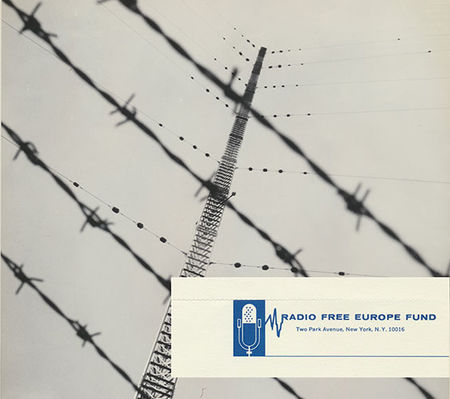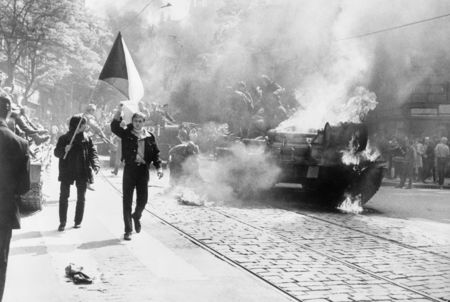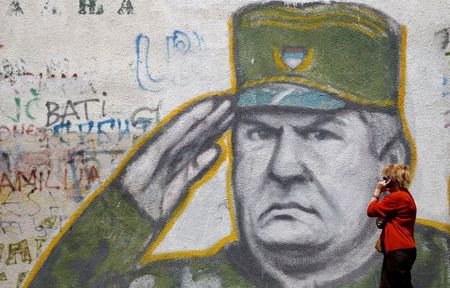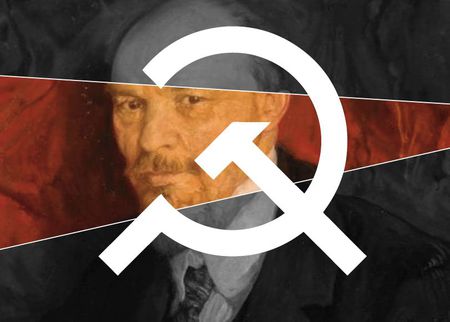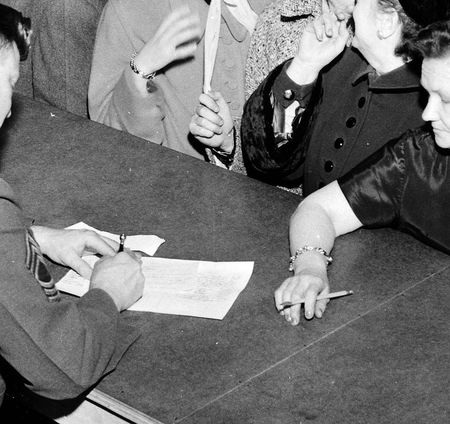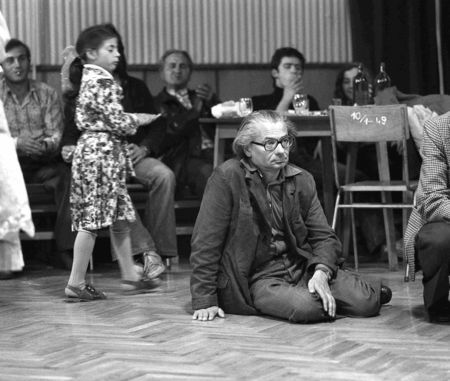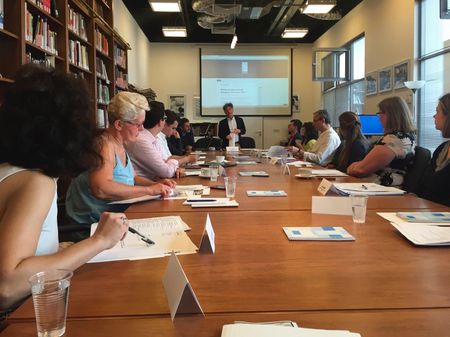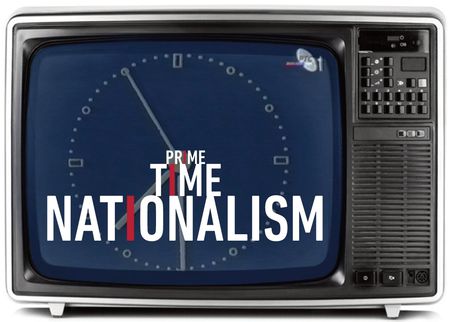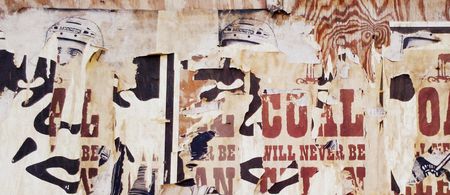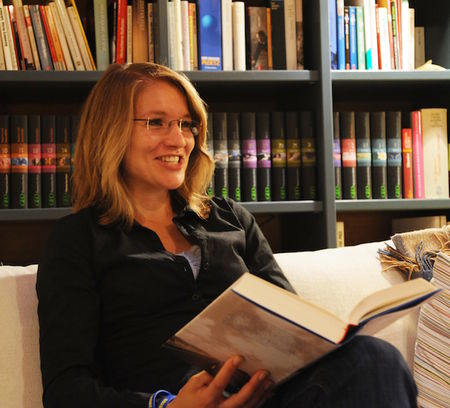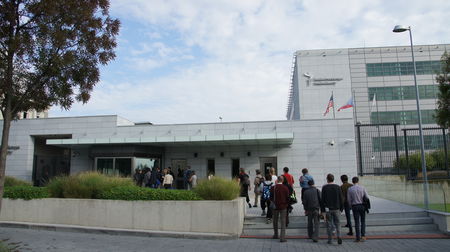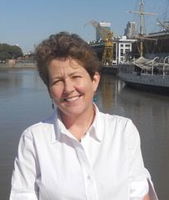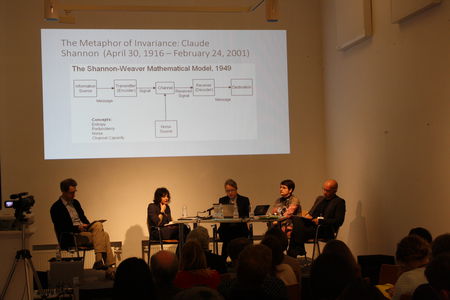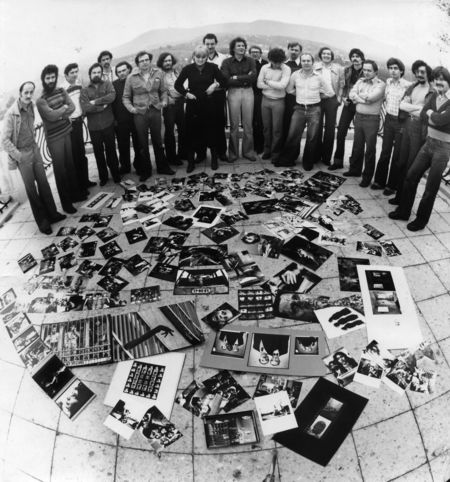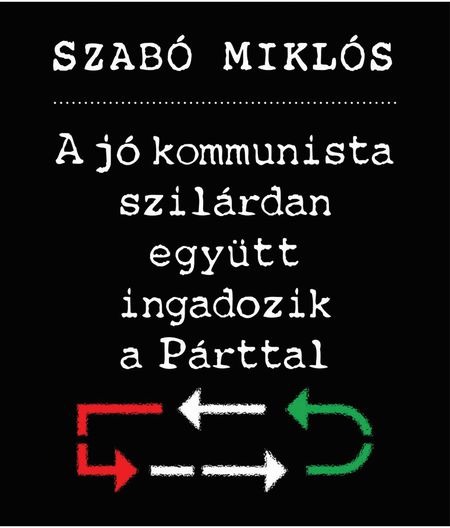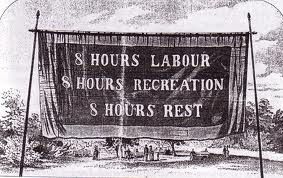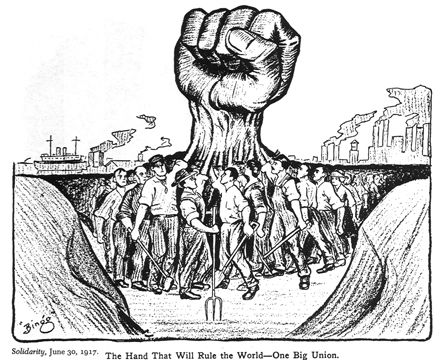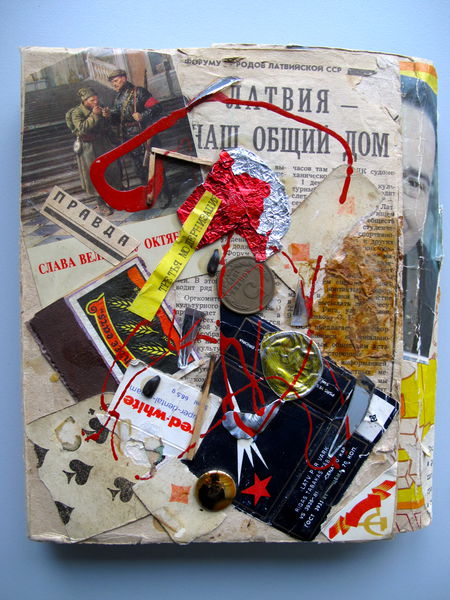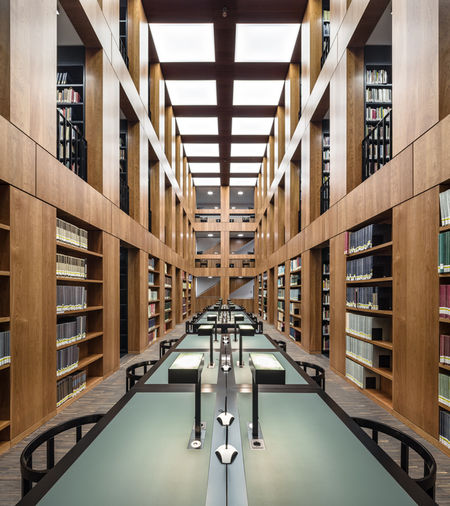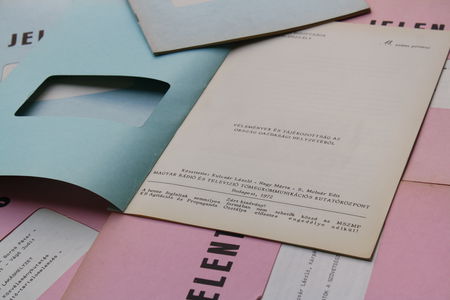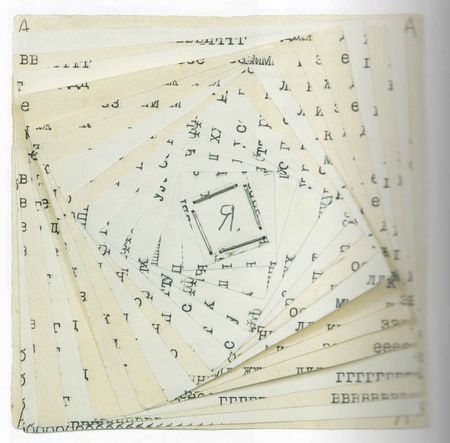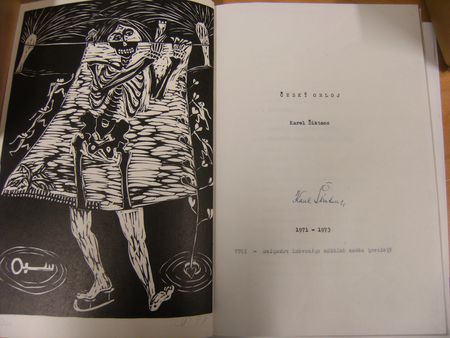Vera and Donald Blinken Open Society Archives
Academic Events
To keep up with the latest developments in the academic and professional areas of its interest, the Blinken OSA regularly organizes conferences, workshops, public lectures, panel discussions and book launches. Often times involving CEU departments or external partners as co-organizers, these events cover, among others, topics in recent history, human rights, civil society, archival science, information management, digital humanities, and visual studies. We strive to invite lecturers and practitioners who address these topics from a genuinely unique and cross-disciplinary perspective.
All academic events are free and open to the CEU community and the general public.
On June 28–30, 2023, the Blinken OSA Archivum, together with the CEU Visual Studies Platform, organized and hosted the international workshop RE:FOCUS. Film Heritage Through the De/Post/Anti-Colonial Lenses. The workshop brought together film scholars and professionals from heritage institutions to critically review research directions and course curricula on film heritage. Exploring film studies’ epistemic foundations critically and comparatively, the participants focused on the heuristic value of new methodological paradigms in visual studies. At the center of the debate were critical methodologies’ potential for eliciting new research questions that challenge implicit hierarchies and incorporate non-Eurocentric perspectives.The workshop was accompanied by a series of film screenings and fostered cooperation between teaching institutions and initiatives beyond academia. Full workshop program is available here. The workshop was organized with the support of the CEU Conferences and Academic Events Fund.
Date: October 14-16, 2021
Place: Blinken Open Society Archives, Central European University (Budapest), Hungary
The workshop aims to contribute to the discussion on knowledge practices in times of reflexive disbelief by addressing the role of scholars with regards to different truth regimes. Michel Foucault once remarked that the analysis of “truth” should go beyond the evaluation of isolated statements: truth regimes are power systems which produce and sustain certain truths in a circular way, through political and economic institutions. William Davies of “The Guardian” traced back the current popular skepticism vis-à-vis professional expertise to a paradigm shift in truth regimes: the immediacy of self-revelatory data has been replacing, through a multitude of revelations, leaks and informational wars dating as far back as the Cold War, the interpretative work by experts and journalists. It is worth re-assessing, from this point of view, how historical knowledge about the past can be used to address and carefully interpret facts and events reported or produced by those very informational wars before 1989, when the East and West were systemically opposed. In an era when individuals and academic communities are increasingly divided over matters of common concern, we consider it the duty of both historians and archivists to engage in a more reflexive manner with the problematic nature of records of the past.
“Labor Research from Planned Economy to Savage Capitalism” is the title of a workshop conference organized by Voices of the 20th Century Archive and Research Group together with Vera and Donald Blinken Open Society Archives.
The conference is in Hungarian.
Date: December 3–4, 2020
Hungarian sociologists in the 1970s and 1980s conducted an immense amount of interview research concerning workers and broader topics of the world of labor, which would be close to impossible today. These researches, by the 2000s, became the standard professional sources of social history. Archives hold several collections that were and could become relevant sources of research. Based on these collections, this conference explores a significant tradition of Hungarian sociology; the research on labor and workers’ everyday circumstances, which began in the 1970s and 1980s, as well as its interpretations in social history and the history of sociology. The conference is inspired by the new collections acquired by the Voices of the 20th Century and the Centre for Social Sciences Research Documentation Centre.
“Live” coverage of the 1968 Invasion of Czechoslovakia
Starting on August 20, 2018, Blinken OSA covers the 1968 invasion of Czechoslovakia “live” with close to 4,000 news items issued by the Central News Room of Radio Free Europe (RFE), between August 20 and September 10, 1968. The documents are published online exactly 50 years after their initial release to RFE’s national broadcast desks for dissemination. The public will be able to follow the unfolding of the invasion as the Central News Room issued incoming information sometimes by the minute.
Blinken OSA’s new website dedicated to the Czechoslovak crisis of 1968 also features a compilation of photographs documenting the operation of the Central News Room, a collection of photographs on the occupying forces entering the town of Košice, as well as a rare set of original leaflets protesting against the Soviet-led invasion from across Czechoslovakia.
The attached three documents are samples of the close to 4,000 documents to be published online starting August 20, 2018.
International Workshop: After ICTY – Prospects for Reconciliation and Transitional Justice in the post-Yugoslav Region
Organized by the Vera and Donald Blinken Open Society Archives and the Department of Political Science at Central European University
February 21, 2018, 13:00-18:00
At the Vera and Donald Blinken Open Society Archives (1051 Budapest, Arany János utca 32.)
In December 2017, the International Criminal Tribunal for the former Yugoslavia (ICTY) completed its primary task of prosecuting crimes committed during the 1992-1995 Yugoslav wars. Hardly any of its decisions passed without controversies. However, dissatisfaction with and public denials of the last ICTY verdicts can be seen as an indication that the prosecution of war crimes left many questions regarding the establishment of transitional justice in the post-Yugoslav region still open. What have ICTY judgments achieved in terms of justice making in the former warring countries? To which extent did the ICTY verdicts contribute to a process of national and regional reconciliation? What was the role of the ICTY indictments in contesting or reproducing the dominant war narratives among the countries? Was responsibility for the committed crimes in the name of a collectivity adequately assumed?
This workshop featuring speakers from academic institutions and NGOs, aims at elaborating these questions. It will be focused, in particular, on specifying legal and political mechanisms of transitional justice, their moral justification and the possibilities for their application within the post-Yugoslav social and political context.
Admission is free and open to the public, but places are limited. For further information and registration, please contact Perica Jovchevski, jovchevski_perica@phd.ceu.edu
Spectrum of Communism — Symposium at Blinken OSA, on November 16-17, 2017
On the 100th anniversary of the Great October Socialist Revolution, Blinken OSA organizes a two-day symposium and public screenings.
Registration: To register, send your name, email address and institutional affiliation to Julianna Lendvai ( LendvaiJ@ceu.edu) before November 12, 2017.
Public Lecture by Anne J. Gililand
Thursday, November 17, 2016 | 5 PM
Of all the information and memory professions, the archival field is the one that is most integrally responsible for the long-term preservation of and access to records and other forms of documentation, which are especially instrumental in the lives of people who have found themselves forced to leave their homes and homelands because of oppression, expulsion, war, natural disaster or economic exigency.
Poverty Revisited | Conference in memoriam István Kemény
27-28 September 2016
OSA is making the documentary heritage of István Kemény, outstanding Hungarian sociologist, a leading researcher in poverty and the Roma, publicly accessible. On this occasion OSA is organizing a two-day conference in collaboration with the Voices of the 20th Century Archive and Research Framework, where researchers, professionals, artists and activists reconsider the problem of poverty and exclusion, their significance in today’s society, and outline their vision of the future in this field.
Throughout the two days of the conference unique documents, photos and film excerpts of Kemény’s joint creative work with film director Pál Schiffer will be exhibited, and in the evenings visitors will be welcome to watch documentary film screenings with live discussion. On the two days following workshops will be organized for secondary school students with the participation of homeless activists, in order to sensitize students to the problems of marginalized people and social groups.
On June 16-17, 2016, over 25 human rights data professionals (information managers, librarians, documentalists, archivists, lawyers and activists) gathered in the Research Room of the Vera and Donald Blinken Open Society Archives at Central European University (CEU) in Budapest for the 37th annual meeting of the European Coordination Committee on Human Rights Documentation ( ECCHRD ). ECCHRD is an open, informal network of Europe-based institutions and organizations producing, recording, managing and publishing human rights information.
Prime Time Nationalism | The Role of Television Broadcasts/Archives in the Aftermath of the Yugoslav Wars
A conference and workshop organized by the Vera and Donald Blinken Open Society Archives (OSA) focusing on how television influenced and shaped the postwar national identity, recovery and development of the signatory states of the Dayton Agreement, and the lasting effect on their contemporary evolution in the light of a regional reconciliation. At the same time, we will seek to understand and offer new meanings for OSA’s media monitoring collection, which includes state television broadcasts from Bosnia and Herzegovina, Croatia and FR Yugoslavia from 1996 to 1999, by looking at OSA’s newly experimented, self-reflexive (re)archiving and the problems it brought up.
Dehumanization: New approaches to understanding the politics of human nature
6-8 April 2016
International and interdisciplinary conference with historians, scientists, philosophers and artists discussing the phenomenon of dehumanization from roughly the 18th century onwards.
Speakers:
Guido Abbattista, Eyja M. Brynjarsdóttir, Lukas Einsele, Victoria Esses, Friederike Eyssel, Nick Haslam, Carla Lessing, Edouard Machery, Mari Mikkola, Erika Milam, Gerald Posselt, Gunnar Sigvaldason, Magdalena Smieszek, David Livingstone Smith, Johannes Steizinger
Local commentators:
Laszlo Kontler, Andres Moles, Peter Molnar, Prem Kumar Rajaram, Simon Rippon, Natalie Sebanz, Hyaesin Yoon
Organized by: Maria Kronfeldner
Victoria Harms - Herder Institute for Historical Research on East Central Europe
Road to Redemption:Why West Germans Care(d) about Hungary.
17 February 2016 at 5 pm, Reading Room, Blinken OSA Archivum
Open Society Archives at Central European University presents a public lecture by Thomas A. Dine, Former President of Radio Free Europe/Radio Liberty
Totalitarianism Still Prevails in Europe and Eurasia: The Relevance of Radio Free Europe/Radio Liberty Today
Learning Collaboratively, Learning Immersively: Lessons in Human Rights Pedagogy by Robin Kirk, Co-Director, Duke Human Rights Center at the Franklin Humanities Institute, Duke University.
The CEU Summer University announces the course
THE CITY UPLOADED: URBAN INTERSECTIONS OF FILM AND NEW MEDIA
International Conference
March 7-8, 2014 at the Open Society Archives, Budapest.
The conference was organized by OSA Archivum to bridge the gap between contemporary digital archival practices and academic theory regarding the image of—and the images in—the archive. The Conference organizers, Ioana Macrea-Toma and Oksana Sarkisova, started from a presumption that the potential of new technologies can be best understood by studying the historicity of visual practices and historical imaginations. Given the growing role of visual material in both researching and presenting historical data, the event brought together scholars and specialists in the fields of history, archival science, media studies, film studies, sociology, anthropology, philosophy, and design, and proved to be a successful interdisciplinary event.
The conference aims to bridge the gap between contemporary digital archival practices and academic theory regarding the image of and the image in the archive.
Szabó Miklós történész több legendás előadássorozatot tartott a szovjet és a magyar kommunista mozgalom történetéről magánlakásokon, a Hétfői Szabadegyetem keretében, illetve korábban és később kisebb baráti társaságoknak. A szabadegyetem 1983-as szegedi előadásairól Jankó Attila jóvoltából hangfelvételek készültek, amelyek alapján ma elolvashatók az 1980-as évek ellenzéki politikai és szellemi ellenkultúrájának eme páratlan dokumentumai.
OSA is pleased to circulate the final program for the 44th Annual Conference of the International Association of Labour History Institutions (IALHI), taking place on September 25-27, 2013 at the Central European University, Budapest.
Call for Papers for the 44th Annual Conference of the International Association of Labour History Institutions (IALHI): Opening up Social History Repositories: New Technologies and New Methods
September 26-28, 2013, Auditorium, Central European University, Budapest, Hungary
Organized by IALHI, in cooperation with the Central European University and OSA Archivum
Public lecture by Piotr Wciślik on the political economy of the free word in 1980s Poland
CEU librarians will give a presentation at OSA on academic research tools, including open source and subscribed resources. The aim is to demonstrate how open sources can work together with subscribed scholarly databases and web scale discovery services to facilitate teaching, learning and research.
Public lecture by Balázs Bodó on samizdat and piracy in the digital age
On April 29, 2013, OSA is holding a public conference at which representatives of the profession will evaluate the significance of the TK (The Mass Communication Research Center), and discuss how data on pre-transition public thought are already becoming researchable for the broader profession, thus opening the way for long-term comparisons and analyses.
Public lecture by Sabine Hänsgen on the media dimension of Soviet samizdat after Stalin's death
Public lecture by Tomáš Glanc on forms of samizdat production, consumption and exchange.
This one-day workshop brings together archives and library professionals and data management experts to share best practices and knowledge in the field of digitizing cultural heritage collections in non-state institutions in Central Europe.
Participants in this panel discussion will elaborate on the role of archives and archival activism in the protection and promotion of human rights.



